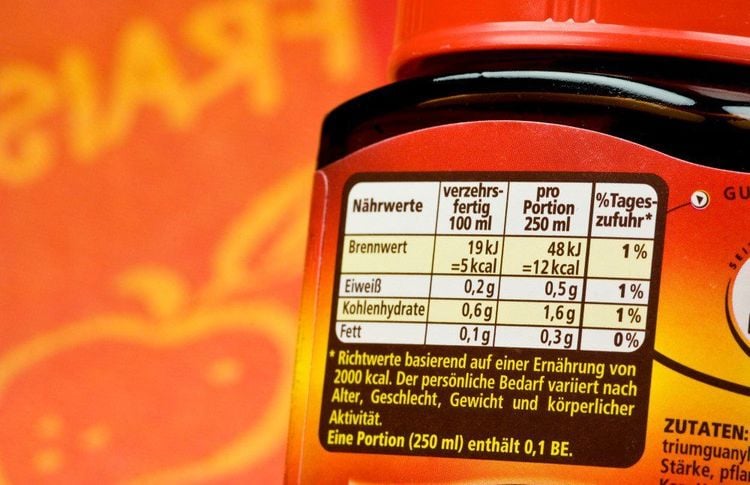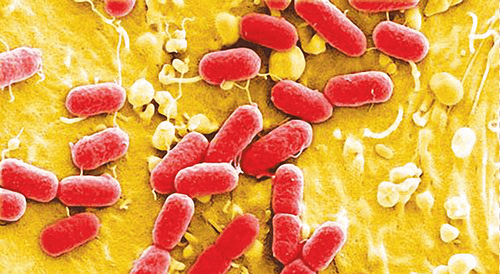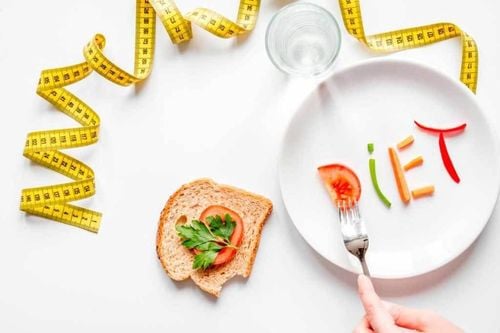Calories is a measure of energy used to calculate the body's needs. However, we often encounter two units: kcal and calorie. This can confuse many people about how to use them correctly. So, what is kcal and what is calorie?
1. What is the Difference Between Kcal and Calorie?
When talking about energy units, we think more about calories than Kcal. One Kcal is the estimated energy needed to raise the temperature of 1 kg of water by 1 degree Celsius. On the other hand, 1 calorie is used to estimate the energy needed to raise the temperature of 1 gram of water by 1 degree Celsius. Based on this definition, we can understand the relationship between kcal and calorie is 1 Kcal = 1000 calories.
Because many people cannot clearly distinguish between the two units Kcal and calorie, a specific name has been adopted to avoid confusion. Kcal is kilocalorie, while calorie is simply called calorie. This also makes it easier for users to calculate and understand the unit conversions in both terms.
Additionally, calories can also be calculated in kilojoules. 1 calorie = 4.18 KJ or 4181J. Kcal is commonly used in calculating energy expenditure during exercise, while calories are often used to calculate the energy intake into the body. If it is difficult to distinguish Kcal and calorie, you can convert to KJ or J units for comparison.
2. How to Use Energy Terms
Calories are a unit used to calculate energy. We can easily find them on food packaging. This helps manufacturers calculate energy while supporting dieters. You won't have to worry about consuming too many calories leading to overweight and obesity.
Besides the energy provided by food, nutritional components also have a relationship to ensure the user's health. This way, you can balance a healthy diet and avoid reactions caused by incompatible food components.

However, units like KJ, J, calorie, and Kcal will be used flexibly across different countries. Therefore, you need to pay attention when traveling to other countries to avoid confusion and misunderstandings about nutritional information. To determine energy values, manufacturers base on three main nutrients: protein, fat, and carbs. According to the weight of 1g, it is converted to 1 calorie, while fat is doubled.
Although these numbers are rounded and have relative values, they are not entirely accurate. Moreover, carbs can also be fiber or soluble fiber, which can lead to calculation errors.
What is a Calorie? This is a measure of energy for diet and exercise. Calories and Kcal can also be converted to KJ or J depending on the regulations of each country.
Once you understand Kcal and calorie, you can calculate to choose healthy foods for your diet, thereby minimizing the risk of overweight and obesity.
To arrange an appointment, please call … or make your reservation directly HERE. You may also download the MyVinmec app to schedule appointments faster and manage your reservations more conveniently.













